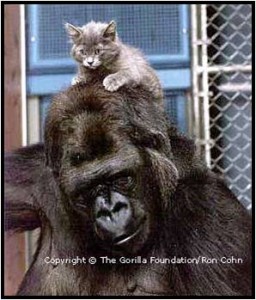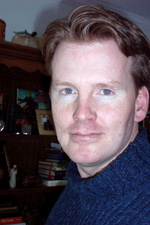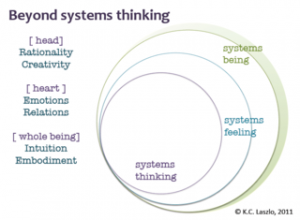
My good friend Robert Bryce carpet bombs the wind industry and highlights some very important issues in the process. He is author of several energy-related books, including the released book: Power Hungry: The Myths of ‘Green’ Energy and the Real Fuels of the Future (PublicAffairs, April 27, 2010), which is an excellent description of the of some show stopping limitations of the current menu non-nuclear green technologies.
Weekend Edition
July 29 – 31, 2011
The Global Backlash Against Wind Energy
By ROBERT BRYCE, Counterpunch
Phi Beta Iota: There is no lack of open source information necessary to create public intelligence in the public interest. There is only a lack of integrity among all concerned–from government to corporations to parasitic think tanks and non-profits whose existence is rooted in pleasing masters with money rather serving the public interest. Particularly troubling is the US Governments refusal to be honest about either the carbon costs or the ecological costs (thousands of birds and bats being wiped out), and refusing to carry out its Congressionally-mandated duties with respect to protecting the environment from corporate predators.






